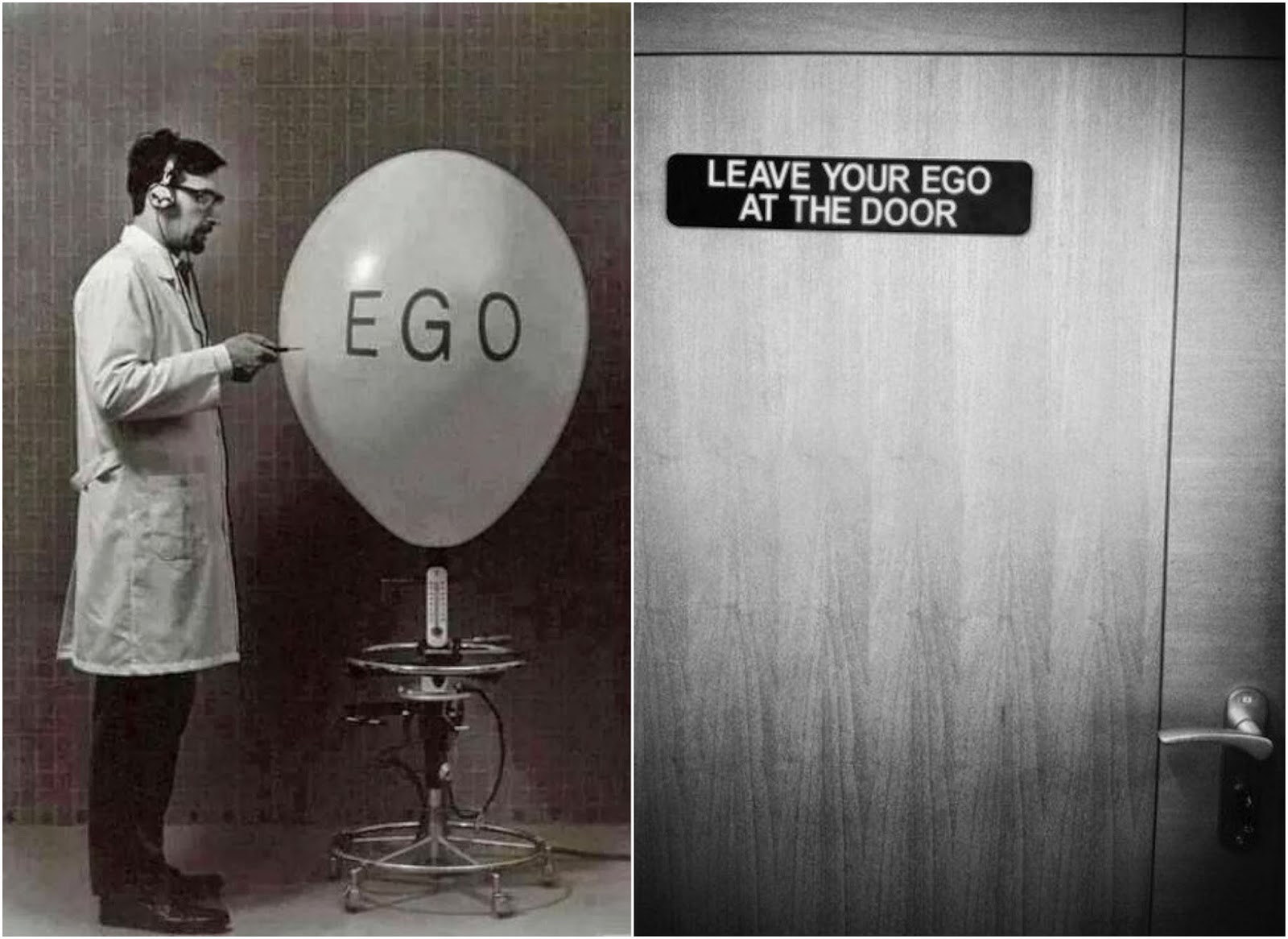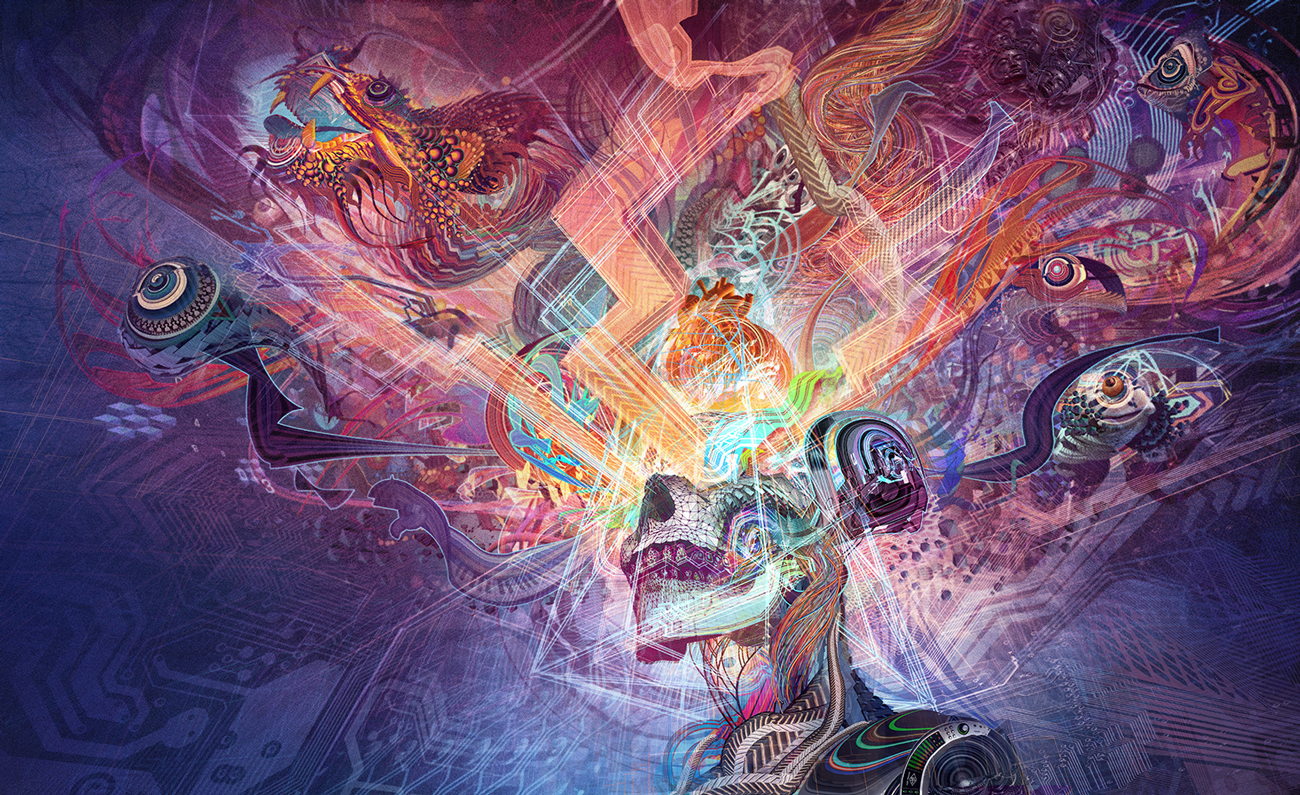Gorres, describing a conversation he had with some Hindus of the Malabar coast, reports that upon asking them whether they had ghosts among them, they replied, “Yes, but we know them to be bad spirits . . . good ones can hardly ever appear at all. They are principally the spirits of suicides and murderers, or of those who die violent deaths. They constantly flutter about and appear as phantoms. Night-time is favorable to them, they seduce the feeble-minded and tempt others in a thousand different ways.”
Porphyry presents to us some hideous facts whose verity is substantiated in the experience of every student of magic. “The soul,” says he, “having even after death a certain affection for its body, an affinity proportioned to the violence with which their union was broken, we see many spirits hovering in despair about their earthly remains; we even see them eagerly seeking the putrid remains of other bodies, but above all freshly-spilled blood, which seems to impart to them for the moment some of the faculties of life.”
Page 345
Let spiritualists who doubt the theurgist, try the effect of about half a pound of freshly-drawn human blood at their next materializing seance!
“The gods and the angels,” says Iamblichus, “appear to us among peace and harmony; the bad demons, in tossing everything in confusion. . . . As to the ordinary souls, we can perceive them more rarely, etc.”
“The human soul (the astral body) is a demon that our language may name genius,” says Apuleius. “She is an immortal god, though in a certain sense she is born at the same time as the man in whom she is. Consequently, we may say that she dies in the same way that she is born.”
“The soul is born in this world upon leaving another world (anima mundi), in which her existence precedes the one we all know (on earth). Thus, the gods who consider her proceedings in all the phases of various existences and as a whole, punish her sometimes for sins committed during an anterior life. She dies when she separates herself from a body in which she crossed this life as in a frail bark. And this is, if I mistake not, the secret meaning of the tumulary inscription, so simple for the initiate: “To the gods manes who lived.” But this kind of death does not annihilate the soul, it only transforms it into a lemure. Lemures are the manes or ghosts, which we know under the name of lares. When they keep away and show us a beneficient protection, we honor in them the protecting divinities of the family hearth; but, if their crimes sentence them to err, we call them larvae. They become a plague for the wicked, and the vain terror of the good.”
This language can hardly be called ambiguous, and yet, the Reincarnationists quote Apuleius in corroboration of their theory that man passes through a succession of physical human births upon this planet, until he is finally purged from the dross of his nature. But Apuleius distinctly says that we come upon this earth from another one, where we had an existence, the recollection of which has faded away. As the watch passes from hand to hand and room to room in a factory, one part being added here and another there, until the delicate machine is perfected, according to the design conceived in the mind of the master before the work was begun; so, according to ancient philosophy, the first divine conception of man takes shape little by little, in the several departments of the universal workshop, and the perfect human being finally appears on our scene.
This philosophy teaches that nature never leaves her work unfinished;
Page 346
if baffled at the first attempt, she tries again. When she evolves a human embryo, the intention is that a man shall be perfected — physically, intellectually, and spiritually. His body is to grow mature, wear out, and die; his mind unfold, ripen, and be harmoniously balanced; his divine spirit illuminate and blend easily with the inner man. No human being completes its grand cycle, or the “circle of necessity,” until all these are accomplished. As the laggards in a race struggle and plod in their first quarter while the victor darts past the goal, so, in the race of immortality, some souls outspeed all the rest and reach the end, while their myriad competitors are toiling under the load of matter, close to the startingpoint. Some unfortunates fall out entirely, and lose all chance of the prize; some retrace their steps and begin again. This is what the Hindu dreads above all things — transmigration and reincarnation; only on other and inferior planets, never on this one. But there is a way to avoid it, and Buddha taught it in his doctrine of poverty, restriction of the senses, perfect indifference to the objects of this earthly vale of tears, freedom from passion, and frequent intercommunication with the Atma — soul-contemplation. The cause of reincarnation is ignorance of our senses, and the idea that there is any reality in the world, anything except abstract existence. From the organs of sense comes the “hallucination” we call contact; “from contact, desire; from desire, sensation (which also is a deception of our body); from sensation, the cleaving to existing bodies; from this cleaving, reproduction; and from reproduction, disease, decay, and death.”

Moe is the founder of GnosticWarrior.com. He is a father, husband, author, martial arts black belt, and an expert in Gnosticism, the occult, and esotericism.





![How the same holy man gave sight to the blind daughter of a tribune, and then coming to St. Alban, there received of his relics, and left other relics of the blessed Apostles and other martyrs [429 A.D.] | Book 1 | Chapter 17 How the same holy man gave sight to the blind daughter of a tribune, and then coming to St. Alban, there received of his relics, and left other relics of the blessed Apostles and other martyrs [429 A.D.] | Book 1 | Chapter 17](https://www.gnosticwarrior.com/wp-content/plugins/contextual-related-posts/default.png)